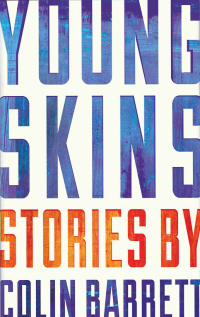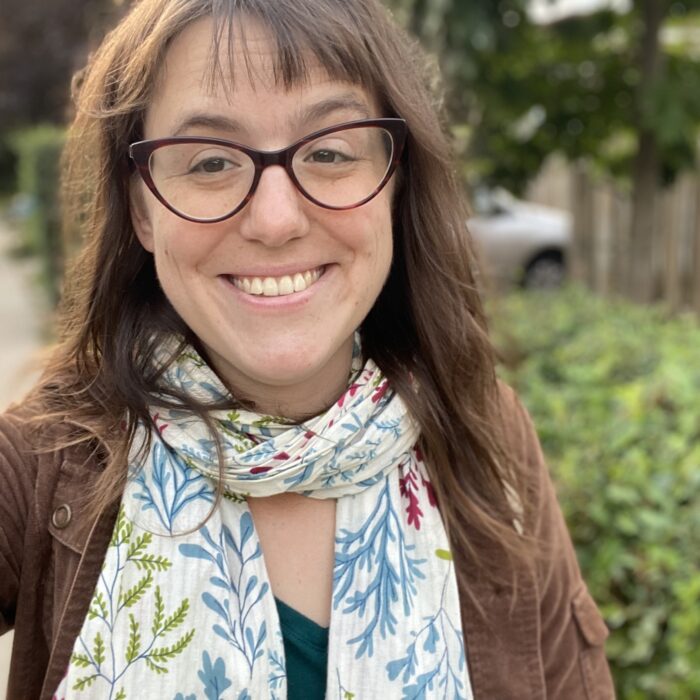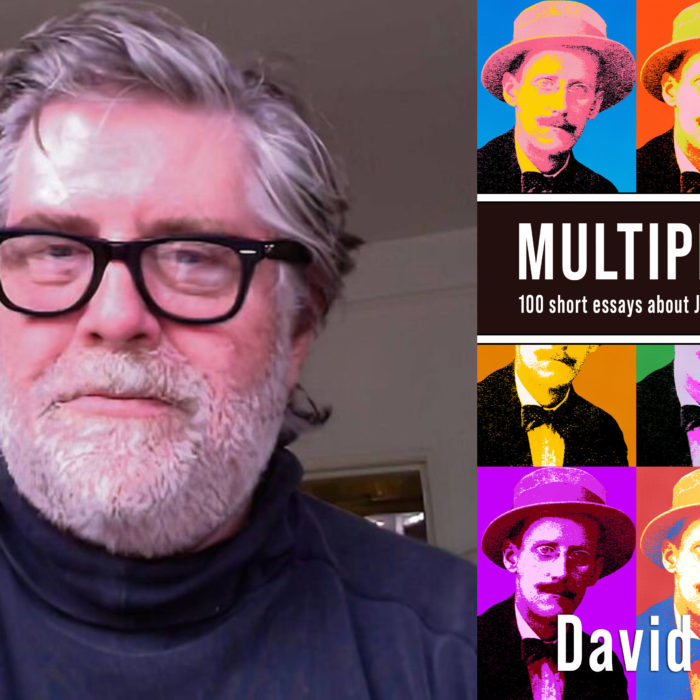You have no items in your cart. Want to get some nice things?
Go shoppingWe discuss short stories, long stories and the importance of luck with the award-winning author of Young Skins.
 Litro: You’ve been hugely successful for a debut short story writer, winning both the Frank O’Connor prize and the Rooney Prize. Do you think the market is improving for short stories?
Litro: You’ve been hugely successful for a debut short story writer, winning both the Frank O’Connor prize and the Rooney Prize. Do you think the market is improving for short stories?
Colin: I don’t know. The Internet gives an impression of greater visibility and interest in the form, but the Internet does that for most things. In actuality, it’s still probably the same relatively tiny band of doggedly impassioned adherents who help keep the short story alive. Alive, dead, declining, reviving: in any case such anthropomorphic metaphors have their limits. It doesn’t, shouldn’t, affect the work. I used to worry about things like the ‘relevancy’ of the form, and indeed worry about things like if serious writing etc. was on the way out. Well, it probably is, but it always has been. There are people, alive, now, coterminous with my own contingent existence, that care deeply about the short story. Today, that is enough for me. I don’t worry if there can be ‘enough’ of them, of us.
Litro: What attracted you to short fiction? Will we see any longer fiction from you?
Colin: Short stories, like poetry, are profoundly at odds with the literalness of language and the given-ness of the world. In short stories you are working with distillates. You are concentrating the world, and language. There are intensities achievable in the short story form by definition much more difficult to replicate in longer narratives.
The novel does other, different things, but for the last few years I was fascinated by what the short story does. I used to read and write a lot of poetry. I still read a bit, though less than I used to, and don’t write it as such. My interest in the short story progressed from that original interest in poetry.
But yes, you will see longer fiction from me.
Litro: Many of your characters in Young Skins are down on their luck, or generally in a bad place. Was this done as a dramatic device, to increase the tension in the stories, or did it go deeper than that? Do you see a lot of bad luck around you?
Colin: I did not think of very many of the characters as down on their luck. As I was writing the book, I didn’t think of them as anything, if I could, by which I mean there were no devices or preconceptions in play – not consciously, anyway. I just found a gesture or phrase and built from there. You write to find out what you are writing about. Luck isn’t a concept I spend much time considering. I think maybe most my characters would consider themselves lucky; at least, most have established some sort of working accommodation with their own limitations or inhibitions or parlous circumstances, and most are not alone in their lives.
Litro: The stories also feel very deeply rooted in Ireland. It’s hard to imagine them taking place anywhere else. Do you consider yourself to be a specifically Irish writer?
Colin: The great, or vexatious, thing about being an Irish writer is that you don’t have to worry about considering yourself an Irish writer, because even if you don’t consider yourself so, you are! I’m going to repeat myself and make it sound like I have some sort of cognitive impairment, but I don’t think about it. Practically speaking, reading other writers had more of an influence on Young Skins than any of my own personal experiences, and the majority of those other writers were not Irish. But of course the book is infused with and practically seeping Irishness. How could it not?
Litro: To what extent do you think aspiring writers make their own luck? What advice would you give to a wannabe writer to improve their luck?
Colin: You have no control over how your work is received. You have only limited control on whether it is seen in the first place, that is, published: you can’t legislate for the possibility that the day your work is lifted off an submission editor’s desk is the day the intern is nursing a hangover and an incorrigible grudge against pieces written in the second person singular.
What you have control over is the work itself. Working on it until it is as near to correct as you can get it. Write and read as much as possible. And rewrite and reread. Get deep into the structures of the things, your own work and the work of people you admire. Word counts mean nothing. But keep writing. Write steadily, whenever you get the chance. Keep coming back, as they say in AA. The shittiest page of cliché and typo-ridden dross is still worth more than the most pristine page of unwritten prose. “The more I practice, the luckier I get,” said, apparently, some golfer guy. Now, granted, all he did was wear plaid Dadwear and hit small, dimpled white balls into holes in the ground all day, but the principle, I find, is sound.
Litro: Which writers are you reading at the moment? Who has inspired you most?
Colin: Writers I’ve discovered fairly recently include multiple short story volumes by Joy Williams, Jayne Anne Phillips and a collection, Night Soul, by the novelist Joseph McElroy. I mean, they’ve all had long careers and published a raft of critically acclaimed books, but to me they are ‘new’ discoveries. The work I’ve found I’ve really liked.
James Joyce, Paul Muldoon, David Foster Wallace, Flannery O’Connor and Denis Johnson are, overall, the writers who each likely prompted the most crucial transitions in my writing.
Litro: And finally… what can we expect to see from you next?
Colin: More short fiction. Longer fiction.
 Colin Barrett was born in Canada and grew up in Ireland. Young Skins, a collection of short stories, is his first book. In 2014 he won the Rooney Prize for Irish Literature, the Frank O’Connor International Short Story Award, and is shortlisted for the Guardian First Book Award.
Colin Barrett was born in Canada and grew up in Ireland. Young Skins, a collection of short stories, is his first book. In 2014 he won the Rooney Prize for Irish Literature, the Frank O’Connor International Short Story Award, and is shortlisted for the Guardian First Book Award.
About Dan Coxon
Dan Coxon is the Magazine Editor for Litro.co.uk, and the author of Ka Mate: Travels in New Zealand. He lives in London, where he spends his spare time looking after his two-year old son, Jacob. His writing has most recently appeared in Salon, The Portland Review, Neon, Gutter, The Weeklings, The Nervous Breakdown, Spartan, and the Ben Tanzer-edited anthology Daddy Cool. Find more of his writing at www.dancoxon.com, or follow him on Twitter @DanCoxonAuthor.



